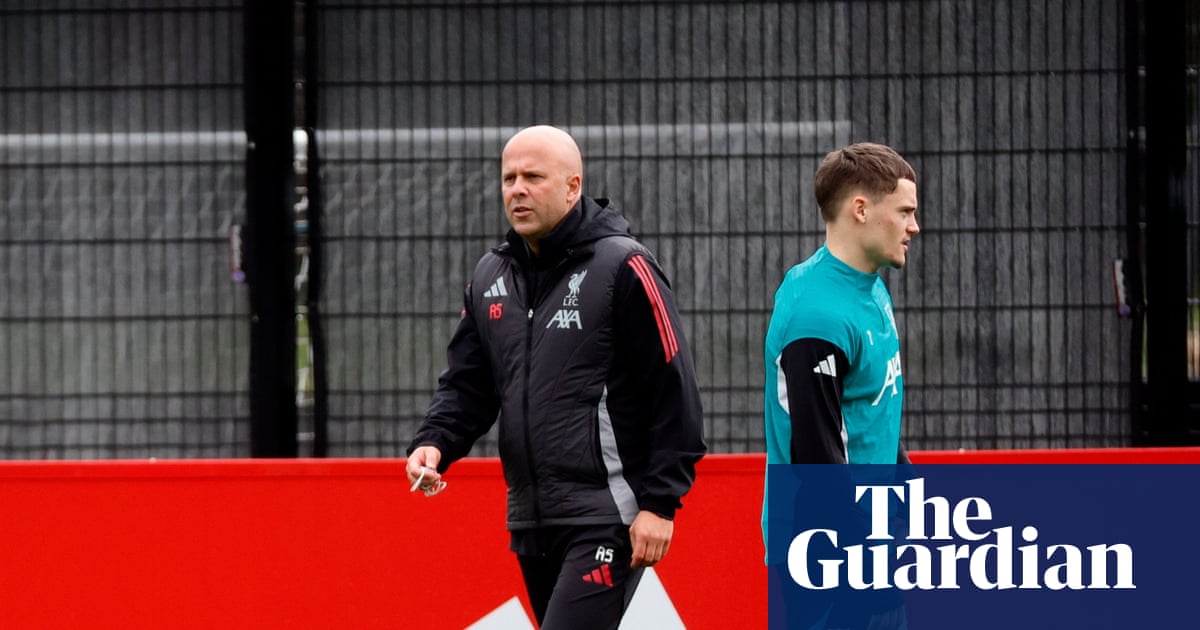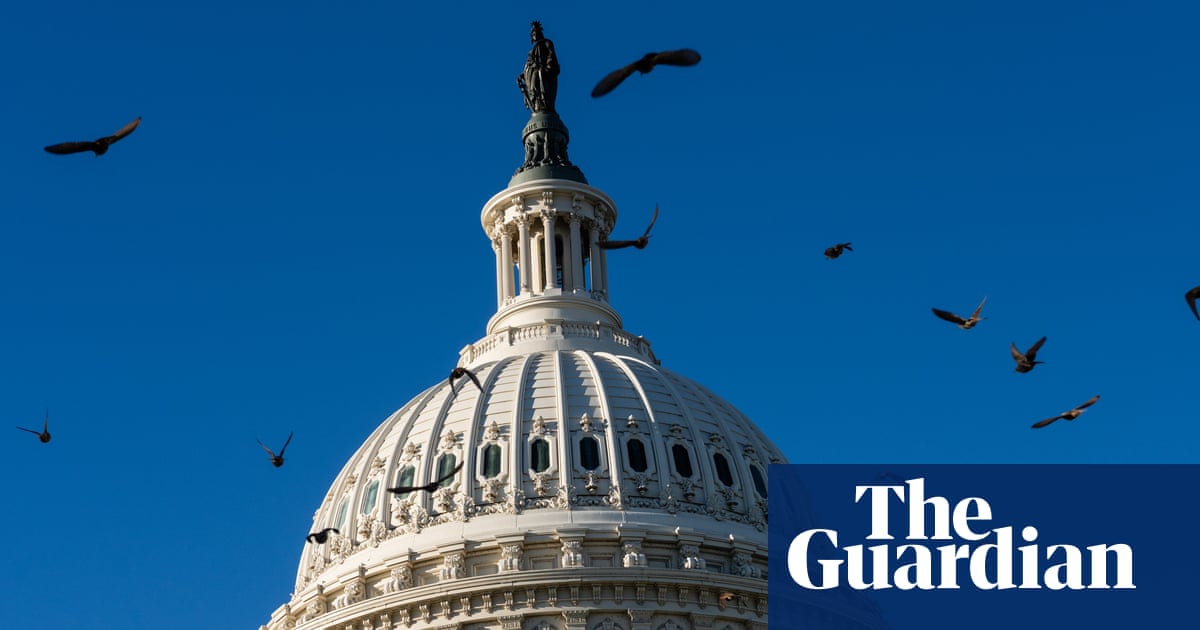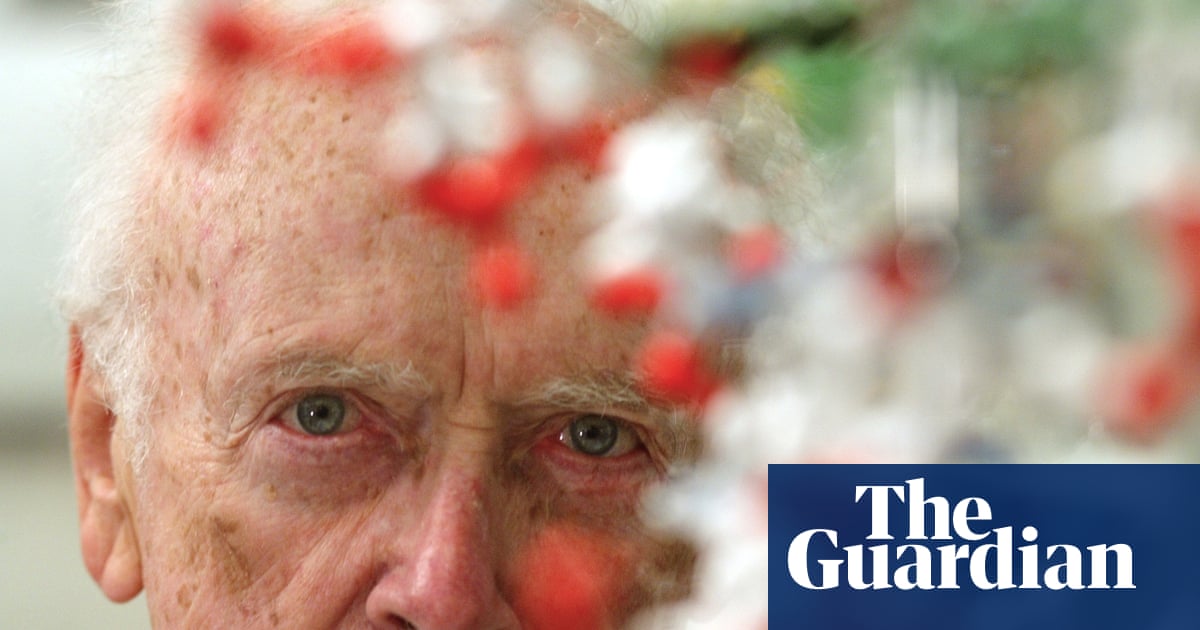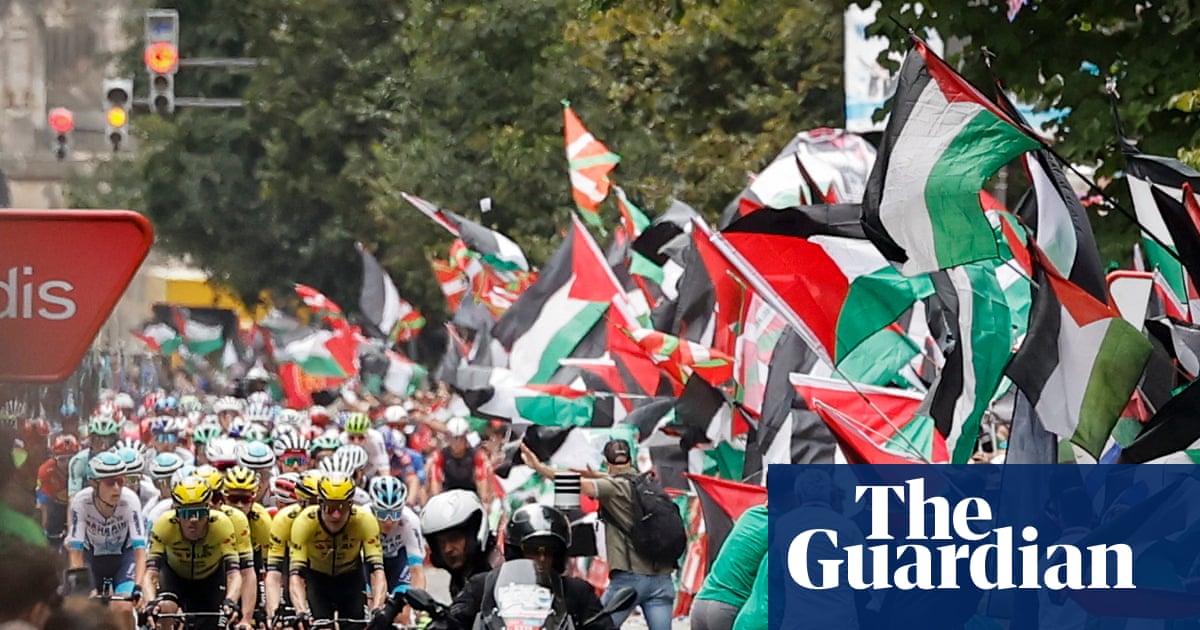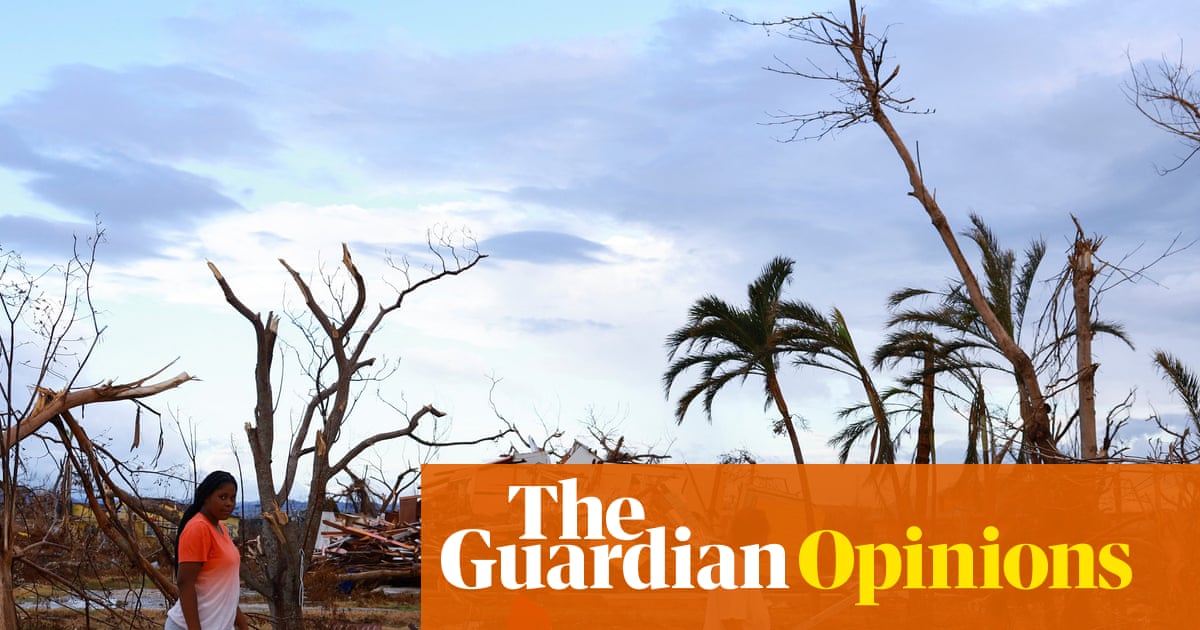At least eight reported dead as Israeli tanks enter Deir Al-Balah
Israeli tanks pushed into southern and eastern areas of the Gazan city of Deir Al-Balah for the first time on Monday, an area where Israeli sources said the military believes some of the remaining hostages may be being held by Hamas, Reuters reports.
Gaza medics said at least three Palestinians were killed and several were wounded in tank shelling that hit eight houses and three mosques in the area, and which came a day after the military ordered residents to leave, saying it planned to fight Hamas militants.
The raid and bombardment pushed dozens of families who had remained to flee and head west towards the coastal area of Deir Al-Balah and nearby Khan Younis.
In Khan Younis, earlier on Monday, an Israeli airstrike killed at least five people, including a man, his wife, and their two children, in a tent, medics said.
There was no immediate Israeli comment on the Deir Al-Balah and Khan Younis incidents.
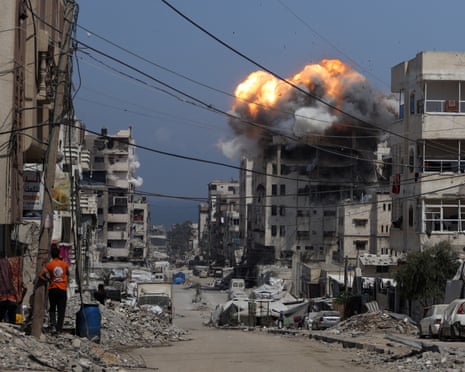
Israel’s military said it had not entered the districts of Deir Al-Balah subject to the evacuation order during the current conflict and that it was continuing “to operate with great force to destroy the enemy’s capabilities and terrorist infrastructure in the area.”
Israeli sources have said the reason the army has so far stayed out is that they suspect Hamas might be holding hostages there.
At least 20 of the remaining 50 hostages in captivity in Gaza are believed to be still alive.
Families of the hostages expressed their concern for their relatives and demanded an explanation from the army of how it would protect them.
Key events Show key events only Please turn on JavaScript to use this feature
A photo from Reuters shows the moment before a missile lands on a residential building in Gaza:
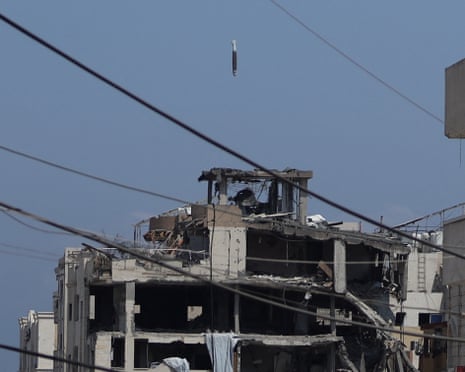

Geneva Abdul
Geneva Abdul is a reporter and feature writer for the Guardian who focuses on foreign policy and diplomatic affairs.
A senior Labour MP has said it is time for the UK to recognise a Palestinian state as some western countries are due to press ahead with their own recognition plans at an international conference this month.
Emily Thornberry, who heads the influential House of Commons foreign affairs select committee, said that without a ceasefire and a long-term political solution Israel’s war on Gaza – which has killed more than 58,000 Palestinians since 7 October 2023 – will continue.
“The only way through this is for there to be an Israeli state that is safe and secure, alongside a Palestinian state that is recognised,” Thornberry told BBC Radio 4’s Today programme on Monday.
The UK Foreign Office is under pressure to recognise a Palestinian state from Thornberry as well as nearly 60 other Labour MPs.
The calls from Labour backbenchers come after the French president, Emmanuel Macron, told British parliamentarians in a visit this month that a two-state solution was “the only way” to build peace and stability in the region.
Later this month, France and Saudi Arabia are co-chairing an international conference at the UN in New York where it plans to announce that it recognises Palestine. Recognition alone would not solve the conflict, Thornberry said, but it could give the issue political momentum.
You can read more of Geneva Abdul’s piece here: Senior Labour MP urges UK to recognise Palestinian state ahead of UN conference
At least 13 reported dead in Gaza since last night
Gaza health officials said on Monday at least 13 people, including two women and five children, were killed in Israeli strikes since the previous night, the Associated Press (AP) reports.
At least two people were killed on Monday morning when crowds of Palestinians waiting for aid trucks were shot at in the area of Netzarim corridor in central Gaza, according to Dr Mohamed Abu Selmiyah, director of Shifa hospital in Gaza City where the dead were taken. He said Israeli forces had opened fire.
An Israeli strike overnight hit a tent in the Muwasi area of Khan Younis, killing at least five people, according to the area’s health ministry. The dead include two parents, two of their children and a relative, it said.
Strikes also hit a residential building in Gaza City, according to health officials.
The Israeli military had no immediate comment on the strikes. It blames Hamas for civilian casualties because the group operates from populated areas.
Barrack added that when it comes to the conflict between Lebanon and Israel, the US cannot compel Israel to do anything, Reuters reports.
He said in a press conference in Beirut:
The U.S. has no business in trying to compel Israel to do anything... America could only influence,” he said in a press conference in Beirut.
We are not going to have more boots on the ground in an adversarial nature anywhere.
A US envoy doubled down on Washington’s support for the new government in Syria, saying on Monday there is “no Plan B” to working with the current authorities to unite the country still reeling from a nearly 14-year civil war and now wrecked by a new outbreak of sectarian violence, the Associated Press (AP) reports.
Tom Barrack, who is ambassador to Turkey and special envoy to Syria and also has a short-term mandate in Lebanon, took a critical tone toward Israel’s recent intervention in Syria, calling it poorly timed and saying that it complicated efforts to stabilise the region.
Over the weekend, Barrack announced a ceasefire between Syria and Israel, without giving details.
Syrian government forces have redeployed in Sweida to halt renewed clashes between the Druze and Bedouins, as evacuations of civilians began on Monday.
At least eight reported dead as Israeli tanks enter Deir Al-Balah
Israeli tanks pushed into southern and eastern areas of the Gazan city of Deir Al-Balah for the first time on Monday, an area where Israeli sources said the military believes some of the remaining hostages may be being held by Hamas, Reuters reports.
Gaza medics said at least three Palestinians were killed and several were wounded in tank shelling that hit eight houses and three mosques in the area, and which came a day after the military ordered residents to leave, saying it planned to fight Hamas militants.
The raid and bombardment pushed dozens of families who had remained to flee and head west towards the coastal area of Deir Al-Balah and nearby Khan Younis.
In Khan Younis, earlier on Monday, an Israeli airstrike killed at least five people, including a man, his wife, and their two children, in a tent, medics said.
There was no immediate Israeli comment on the Deir Al-Balah and Khan Younis incidents.

Israel’s military said it had not entered the districts of Deir Al-Balah subject to the evacuation order during the current conflict and that it was continuing “to operate with great force to destroy the enemy’s capabilities and terrorist infrastructure in the area.”
Israeli sources have said the reason the army has so far stayed out is that they suspect Hamas might be holding hostages there.
At least 20 of the remaining 50 hostages in captivity in Gaza are believed to be still alive.
Families of the hostages expressed their concern for their relatives and demanded an explanation from the army of how it would protect them.
Tehran on Monday accused the UK, France and Germany of failing to respect the 2015 Iran nuclear deal, after they threatened to reimpose sanctions over its atomic programme, Agence France-Presse (AFP) reports.
The 2015 deal, reached between Iran and the UN security council’s permanent members – Britain, China, France, Russia and the US – plus Germany imposed curbs on Iran’s nuclear programme in exchange for sanctions relief.
But it unravelled when the US in 2018, during Donald Trump’s first term as president, unilaterally withdrew from the accord and reimposed sweeping sanctions.
The Europeans had pledged continued support for the deal, but the mechanism intended to offset US sanctions never materialised effectively and many western firms were forced to exit Iran, which has since faced a deepening economic crisis.
“The European parties have been at fault and negligent in implementing” the nuclear agreement, said Iranian foreign ministry spokesperson Esmail Baqaei.
The International Atomic Energy Agency says Iran is the only non-nuclear-armed country currently enriching uranium to 60% – far beyond the 3.67% cap set by the 2015 accord.
That is a short step from the 90% required for a nuclear weapon.
A trilateral meeting between Iran, Russia and China will take place on Tuesday regarding Tehran’s nuclear programme and the United Nations snapback mechanism, Iranian foreign ministry spokesperson Esmaeil Baghaei said on Monday, Reuters reports.
The UN snapback mechanism refers to efforts to reimpose international sanctions on Iran.
Agence France-Presse (AFP) reports that defence minister Israel Katz said in a statement that the Israeli military “has just struck terror targets of the Huthi terror regime at the port of Hodeida and is forcefully enforcing the prevention of any attempt to restore the previously attacked terror infrastructure.”
In a separate statement, the army said that “among the military infrastructure struck were engineering vehicles... fuel containers, naval vessels used for military activities and force against the State of Israel and vessels in the maritime zone adjacent to the port, and additional terror infrastructure used by the Houthi terrorist regime.”
The Israeli military is attacking Houthi targets in Yemen’s Hodeidah port, Israeli defence minister Israel Katz said in a statement on Monday, Reuters reports.
Katz said the army is “forcefully countering any attempt to restore the terror infrastructure previously attacked”.
Since Israel’s war in Gaza against the Palestinian militant group Hamas began in October 2023, the Iran-aligned Houthis have been attacking vessels in the Red Sea in what they say are acts of solidarity with the Palestinians.
Israel has responded by launching attacks on Houthis, who control the most populous part of Yemen, including the vital Hodeidah port.
Katz said:
As I have made clear - Yemen’s fate is the same as Tehran’s. The Houthis will pay a heavy price for launching missiles toward the State of Israel.
Clashes reportedly continue in Syria as families evacuated
After talks for a hostage swap fell through late on Sunday, the Syrian Observatory for Human Rights monitor and activist groups in Sweida reported hearing what they said were Israeli airstrikes and helicopters over villages where some skirmishes took place between the Bedouins and Druze militias.
The Israeli military said it was “not aware” of any overnight strikes in Syria.
It comes at the Syrian government on Monday started evacuating Bedouin families trapped inside the city of Sweida, where Druze militiamen and Bedouin fighters have clashed for over a week.
The UN International Organization for Migration said about 128,571 people were displaced in the hostilities that started with a series of tit-for-tat kidnappings and attacks a week ago.
The Associated Press (AP) reported that Syrian state media said early on Sunday that the government had coordinated with some officials in Sweida to bring in buses to evacuate about 1,500 Bedouins in the city.
Syrian interior minister Ahmad al-Dalati told SANA that the initiative will also allow displaced civilians from Sweida to return, as the fighting has largely stopped and efforts for a complete ceasefire are ongoing.
The minister told the Syrian state-run news agency:
We have imposed a security cordon in the vicinity of Sweida to keep it secure and to stop the fighting there.
This will preserve the path that will lead to reconciliation and stability in the province.
Buses filled with Bedouin families were accompanied by Syrian Arab Red Crescent vehicles and ambulances. Some families left on trucks with their belongings.
Syrian authorities did not give further details about the evacuation and how it ties into the broader agreement.
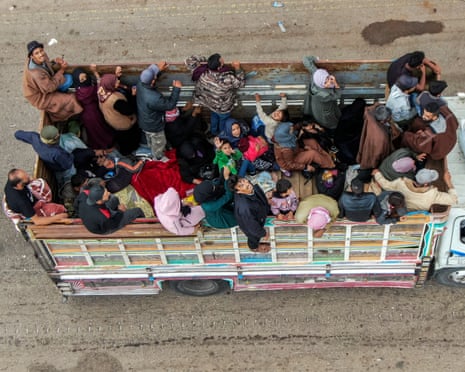
At least 17 people have been killed in Gaza from Israeli attacks, medical sources have reportedly told Al Jazeera.
The outlet said that the figure included three who had died from Israeli shelling in Deir al-Balah and the Bureij camp in Gaza.
Al-Shifa hospital told Al Jazeera that several people had been wounded by a strike on an apartment in the al-Nasr neighbourhood.
The BBC is reporting a new ground and air assault from Israeli forces on the city of Deir al-Balah.
The outlet said the operation began early on Monday, after the Israeli military issued evacuation orders for the city the day before.
Local journalists said Israeli tanks and military vehicles had entered the city from the Kisufim checkpoint under heavy artillery and air cover.
“Dozens of shells” were also reported to have struck the Abu al-’Ajin and Hikr al-Jami’ neighbourhoods.
The Israeli military was approached by the BBC for comment.
The head of the Office for the Coordination of Humanitarian Affairs (Ocha), Tom Fletcher, said on Sunday that UN staff would “stay to help” civilians in Deir al-Balah despite Israeli airstrikes “intensifying”.
Fletcher said in a post on X that he had just spoken to Jonathan Whittall, head of the Ocha in Palestine.
He said:
[Whittall is] in Deir el Balah, Gaza, with Israeli airstrikes intensifying. Surrounded by our team, and civilians we stay to help.
More than 650,000 students have had no access to education since the start of the Israel-Gaza war, according to the UN children’s agency, Unicef, the Associated Press (AP) reports.
The figure includes nearly 40,000 students who were unable to take university entry exams that largely determine their career prospects. The outlet reported the current situation as being the first time in decades that the exams were not administered in Gaza.
Israel’s bombardment and ground operations have killed tens of thousands of Palestinians and displaced 90% of Gaza’s population. School-age children in crowded shelters and tent camps are often forced to help their families find food, water and firewood.
Local education officials, working with Unicef and other aid groups, set up hundreds of learning spaces to try and provide education during the war.
Mohamed al-Asouli, head of the education department in the southern city of Khan Younis, said:
We’re trying to salvage what we can of the educational process, so that the next generation doesn’t slip through our fingers.
Iran could withhold security commitments if European states invoke a UN mechanism to reimpose international sanctions on the Islamic Republic, a member of Iran’s parliamentary national security commission said on Monday, according to Borna news, Reuters reports.
Abbas Moqtadaei said in reference to Tehran’s potential countermeasures to the reimposition of international sanctions:
We have many tools in our disposition. We can withhold our commitment to security in the region, Persian Gulf and Hormuz Strait as well as other maritime areas.
He was speaking ahead of a meeting on Friday between Iranian deputy foreign ministers and British, French and German diplomats in Istanbul. The three European states, known as E3, have said they would restore international sanctions on Iran by the end of August if the country did not enter productive talks on its nuclear programme with western powers, notably the US.
E3 countries and Iran have in recent months held inconclusive talks on Tehran’s nuclear programme, in parallel to indirect nuclear negotiations between Tehran and Washington. Israel’s attack on Iran in June led to the suspension of such talks.
Moqtadaei said in an interview with Iran’s semi-official Borna news agency:
Europe is not in a position to endanger itself in the... Hormuz Strait when it is itself in political, economic and cultural conflicts with Russia, China and even the United States.
At 93 reported dead while seeking aid in Gaza
Gaza’s civil defence agency said at least 93 Palestinians had been killed queueing for food on Sunday, while Israel issued fresh evacuation orders for areas packed with displaced people.
The territory’s health ministry said scores were killed by Israeli fire while waiting for UN aid trucks entering through the northern Zikim crossing with Israel. It was one of the highest reported death tolls among repeated recent cases in which aid seekers have been killed by Israeli fire.
Elsewhere nine others were reportedly shot dead near an aid point close to Rafah in the south, where dozens of people lost their lives just 24 hours earlier, while four were killed near another aid site in Khan Younis, spokesperson for the civil defence agency, Mahmud Basal, said.
Israel’s military said soldiers had shot at a gathering of thousands of Palestinians in northern Gaza who it claimed posed a threat, and it was aware of some casualties. But it said the numbers reported by officials in Gaza were far higher than its initial investigation found. It did not immediately comment on the incidents in the south.
Before the reports of the latest Israeli shootings emerged, Pope Leo XIV called for “an immediate end to the barbarity of the war and for a peaceful resolution to the conflict” at the end of the Angelus prayer at Castel Gandolfo, his summer residence near Rome.
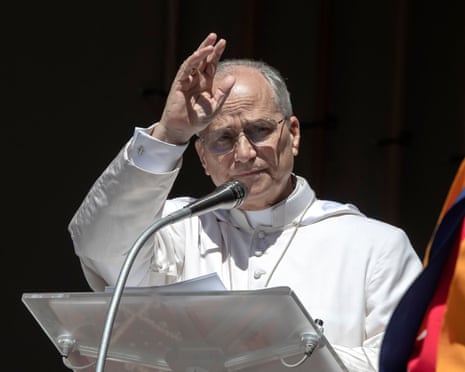
Opening summary
Hello and welcome back to the Guardian’s coverage of the Middle East.
Gaza’s civil defence agency said at least 93 Palestinians had been killed queueing for food on Sunday, while Israel issued fresh evacuation orders for areas packed with displaced people.
The territory’s health ministry said scores were killed by Israeli fire while waiting for UN aid trucks entering through the northern Zikim crossing with Israel. It was one of the highest reported death tolls among repeated recent cases in which aid seekers have been killed by Israeli fire.
Elsewhere nine others were reportedly shot dead near an aid point close to Rafah in the south, where dozens of people lost their lives just 24 hours earlier, while four were killed near another aid site in Khan Younis, spokesperson for the civil defence agency, Mahmud Basal, said.
The UN World Food Programme said its 25-truck convoy carrying food aid “encountered massive crowds of hungry civilians which came under gunfire” near Gaza City, soon after it crossed from Israel and cleared checkpoints.
Israel’s military disputed the death toll and said soldiers had fired warning shots “to remove an immediate threat posed to them” as thousands gathered near Gaza City.
On Sunday morning, the Israeli military issued evacuation orders for the city of Deir al-Balah – a crowded part of central Gaza full of displaced Palestinian people with nowhere safe to flee relentless bombardments. Whole families were reportedly seen lugging their few belongings and heading south.
The UN’s Office for the Coordination of Humanitarian Affairs said in a statement that the order had dealt “yet another devastating blow to the already fragile lifelines keeping people alive across the Gaza Strip.”
In other developments:
-
Israeli foreign minister Gideon Saar on Sunday said he had ordered the withdrawal of a senior UN humanitarian official’s residency permit, accusing him of spreading lies about the war in Gaza. Whittall, a South African who lives in Jerusalem and frequently visits the Gaza Strip, has repeatedly condemned the humanitarian conditions for the more than 2 million people living in the Palestinian territory.
-
Gaza’s civil defence agency told Agence France-Presse (AFP) it has noted a rising number of infant deaths caused by “severe hunger and malnutrition”, reporting at least three such deaths in the past week. “These heartbreaking cases were not caused by direct bombing but by starvation, the lack of baby formula and the absence of basic healthcare,” civil defence spokesperson Mahmud Bassal told AFP.
-
Tens of thousands of Moroccans demonstrated on Sunday in the capital Rabat against the dire humanitarian situation in the Gaza Strip, calling for the reversal of the kingdom’s normalisation deal with Israel. Protesters gathered in the city centre, brandishing Palestinian flags and placards calling for the free flow of aid to the war-ravaged Palestinian territory.
-
Residents reported calm in Syria’s Sweida on Sunday after the Islamist-led government announced that Bedouin fighters had withdrawn from the predominantly Druze city and a US envoy signalled that a deal to end days of fighting was being implemented. The ceasefire announced on Saturday appeared to be holding after earlier agreements failed to end fighting between longtime rivals the Druze and the Bedouin that spiralled to draw in the Islamist-led government, the Israeli military and armed tribes from other parts of Syria.
-
The death toll from violence in Sweida province, the heartland of Syria’s Druze minority, has risen to 1,120 since last weekend, a war monitor said on Sunday. The Syrian Observatory for Human Rights said the dead included 427 Druze fighters and 298 Druze civilians, 194 of whom were “summarily executed by defence and interior ministry personnel”.
-
The first humanitarian aid convoy entered the southern Syrian city of Sweida on Sunday, a Red Crescent official said, a week after deadly sectarian violence erupted in the Druze heartland. The official said the convoy of 32 vehicles was carrying basics including food, medical and fuel supplies as well as body bags.
-
Iran confirmed on Monday fresh talks with European powers to be held on Friday in Istanbul, the country’s state media reported, the first since the US attacked Iranian nuclear facilities a month ago. Iranian diplomats will meet counterparts from Britain, France and Germany, known as the E3, after the trio warned that sanctions could be reimposed on Tehran if it does return to the negotiating table over its nuclear programme.
-
Iranian authorities have urged residents to limit water consumption as the country grapples with severe shortages amid an ongoing heatwave, local media said on Sunday. Water scarcity is a major issue in Iran, particularly in arid provinces in the country’s south, with shortages blamed on mismanagement and overexploitation of underground resources, as well as the growing impact of climate change.

 3 months ago
94
3 months ago
94

